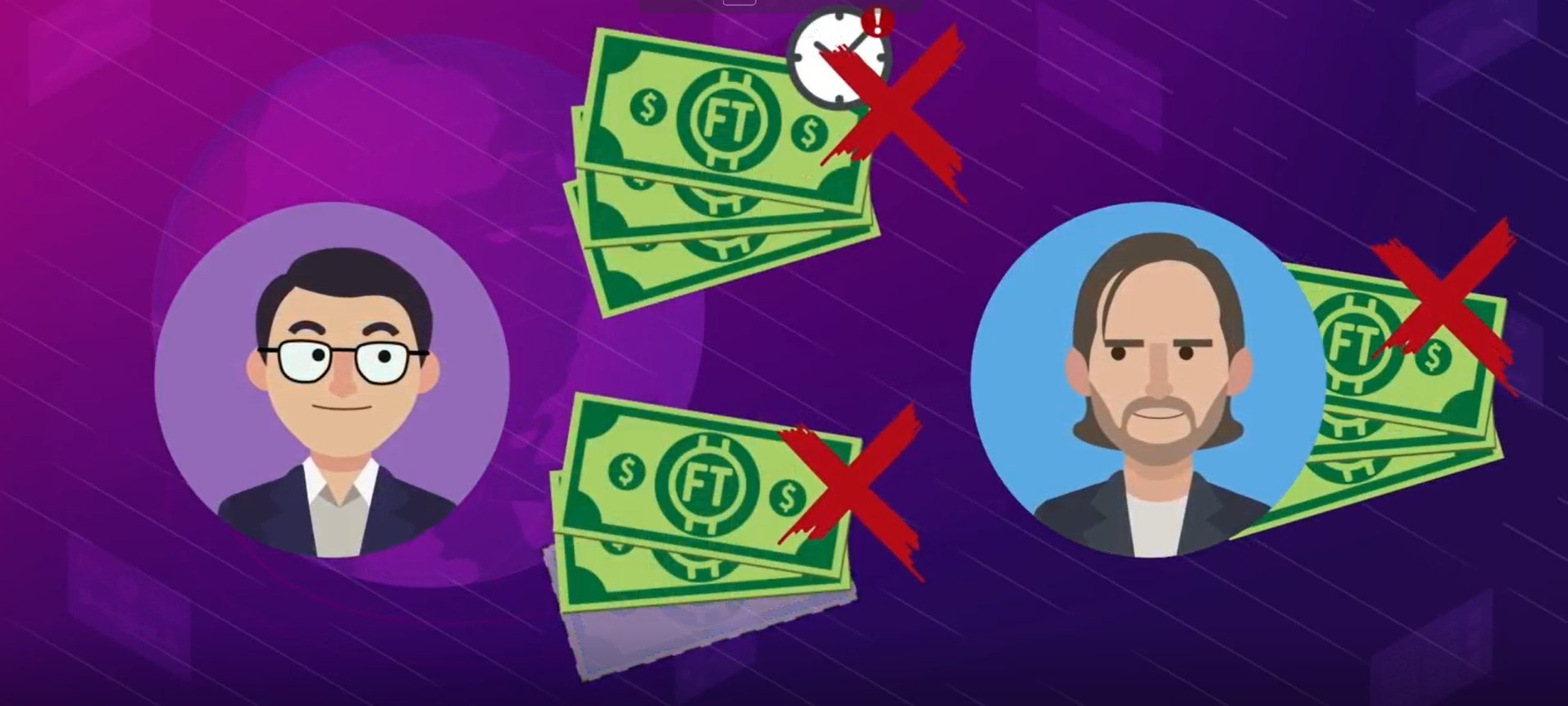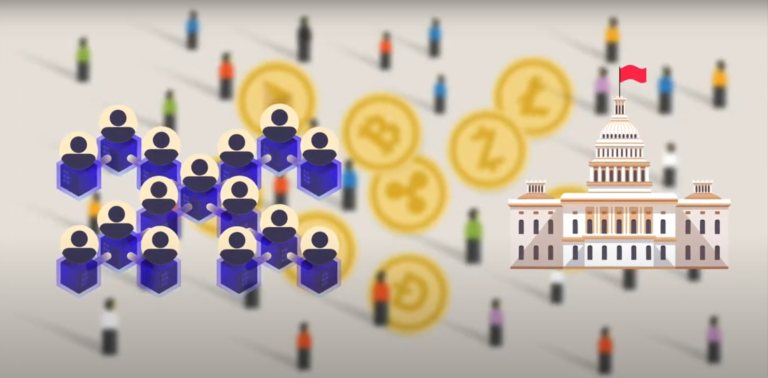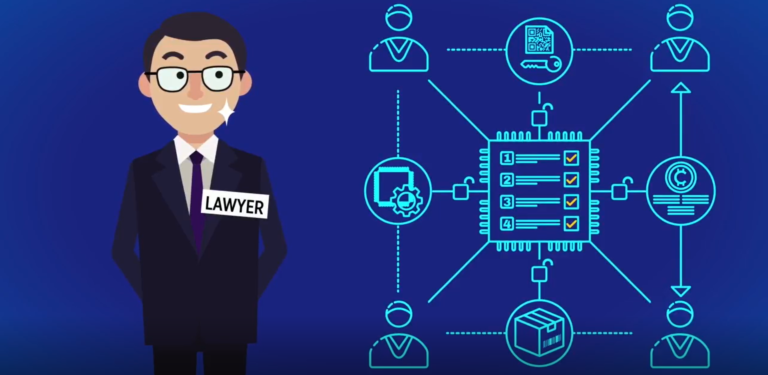Transcript
When you think of something “smart”, it should just evolve and solve problems for you, right? Well, it’s certainly not the case in Smart Contracts.
The concept of smart contracts has been around since the 90s, and yet, the vast majority of people don’t know what it means or have never actually used one before. This is because, in reality, smart contracts are really hard.
Smart contracts provide a binary solution, “if this then this”, like computer programming. It would be a legal situation if I tick off all these boxes, you are automatically going to remit the funds or transfer the deed or whatever it is that is the outcome of the contract. However, most legal situations are not like that, making smart contracts very difficult to execute.
For example, if I’m buying a building from you, and you are in Beijing, and I am in Hong Kong. There is a ton of work to be done before the contract is signed. I have to do my due diligence, to look at past history, and understand potential legislation. I also have to look at the foundation, utilities, and mortgages.
So, typically when you enter into a contract that’s complex like that, it will have conditions precedent, meaning conditions that precede the closing.
Back to the building purchase example. If we enter into a contract, we sign it, but I’m not going to give you the money yet – and you are not giving me the deed yet. Instead, we have to go down a list and confirm every single thing has been done.
Is the foundation solid? Yes.
Do my engineers like it? Yes.
Research litigation, is there any litigation history? No.
…
After you tick off all those boxes, I agree to finally give you the funds and you transfer the deed to me. It’s obviously very complicated – because life is complicated.
Here is the reality: any time there is some major qualitative assessment required, it’s going to be very difficult for a smart contract to be applied. It’s where those variables are really minimal or non-existent and those responsibilities are very clearly defined that we can rely on smart contracts.
And here’s the interesting thing that you may not have thought about when you think of contracting. You legally have the right to breach.
When you enter a contract, you always have the right to back away. Of course, there are legal ramifications and ethics issues in there. If you stop paying your mortgage, the bank can take your house. You may pay a fine or compensation. But the point is, if there is some underlying condition where you need to stop paying your mortgage, you have the right to do that.
Within a smart contract, you don’t have that option generally speaking because it is again – – upon the conditions being fulfilled, it is self-executing. So what is meant by smart is that it does not require human intervention to execute and fulfill the terms of that agreement. But it’s like a roller coaster. Once you are going down the hill, there’s no pulling back, you’re stuck with that ride.
Having said that, we do think there’s a wide variety of daily contracting that could be applicable to smart contracts. The most common example would be a home purchase. If you get the right documentation done up-front, you could find a very efficient smart contract to deal with escrow and things like that.
With the Internet of Things (IoTs) being ever so prevalent, health insurance policies can rely on wearables and smart contracts to adjust your payment. If you exercise 5 days a week, or if you walk 8000 steps a day, then your policy comes down.
So the lesson we hope you take from this chapter is to put a wearable on your dog to get a lower insurance premium.
Just kidding. 😉







